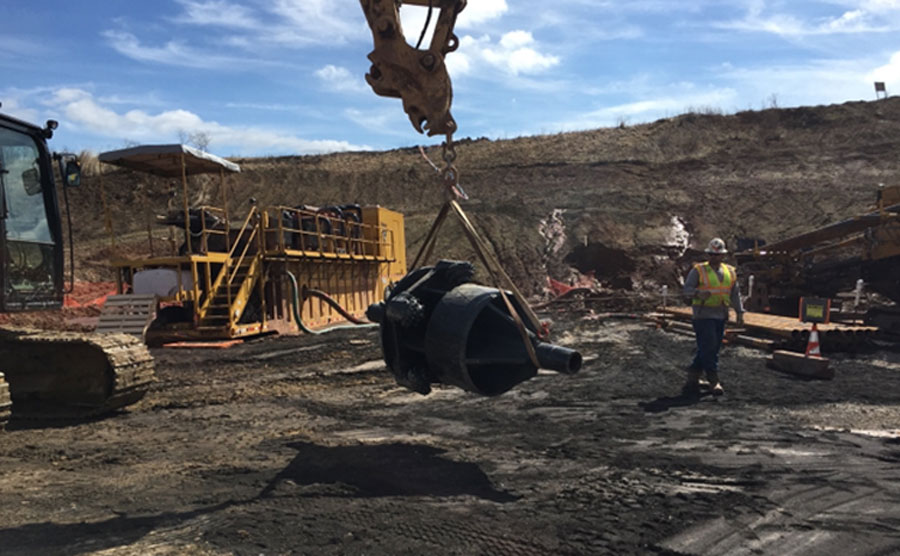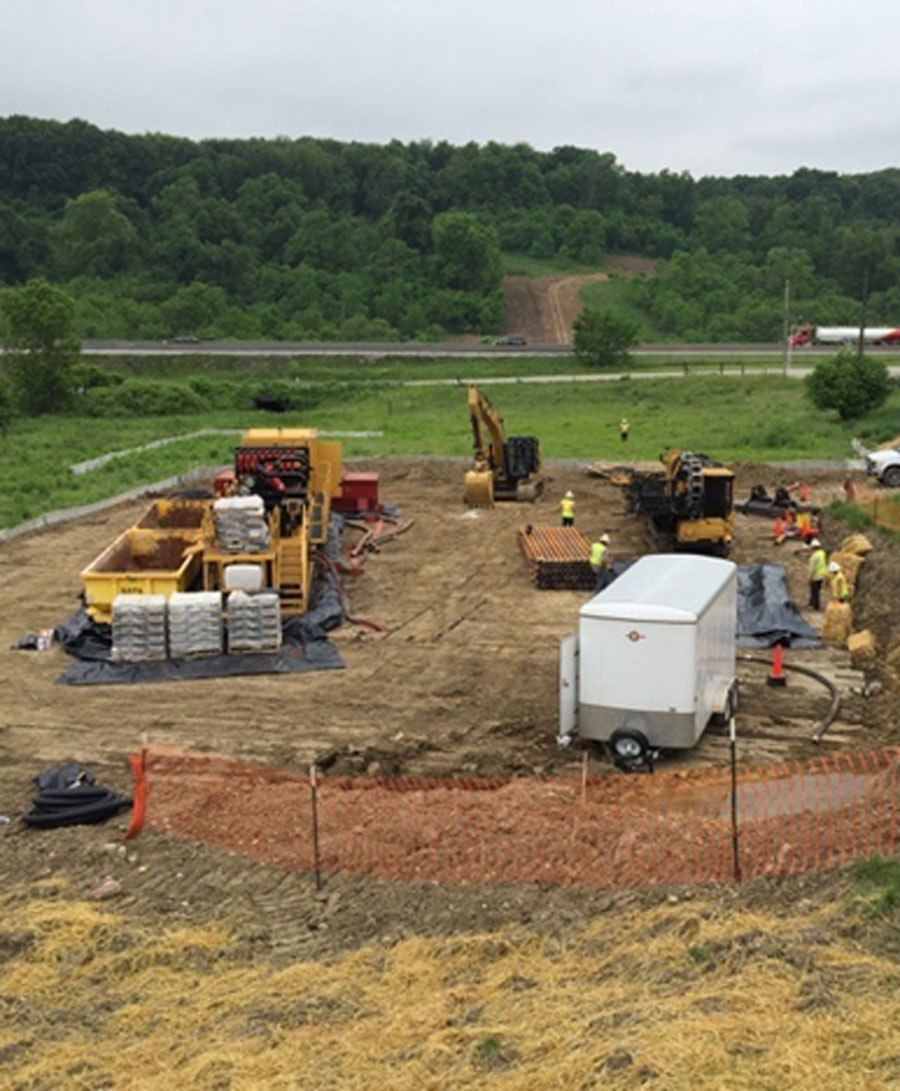Digging into the Numbers: Understanding the Cost of a Directional Bore
Ever wondered what lies beneath the surface of a directional drilling project, especially when it comes to costs? As one of the most innovative and eco-friendly methods of underground utility installation, it's crucial to have a clear understanding of the factors that influence the cost of a directional bore. In this concise, informative article, we'll break down the key elements that contribute to the overall project cost, complete with some ballpark figures.

- Project Scope and Complexity - The scope and complexity of a directional drilling project play a significant role in determining its cost. Factors such as the project's size, the length and depth of the bore, soil conditions, and the number of utilities being installed all contribute to the final price tag. Small residential projects can cost around $10-$50 per linear foot, while larger commercial or municipal projects may range from $40-$80 per linear foot or more. Additionally, any unique challenges, such as navigating around existing utilities or drilling in environmentally sensitive areas, may increase the cost. Ground conditions can also increase the cost. It is much more complicated to drill through rock versus soil.
- Equipment and Material Costs - Directional drilling requires specialized equipment, such as drilling rigs, drilling fluid systems, and locating devices. Equipment rental costs can vary widely, from $500 to $2,500 per day, depending on the type and size of the machinery. Moreover, the cost of the materials being installed, such as pipes, cables, or conduits, can also impact the total project cost. High-quality materials often come with a higher price tag but offer long-term benefits, including enhanced durability and reduced maintenance costs. The cost to move the equipment also needs to be factored in.
- Labor and Expertise - Skilled professionals are required to successfully execute a directional drilling project, and their expertise is factored into the project cost. Labor costs can vary depending on factors such as location, project complexity, and the level of experience and training of the workers involved. Hourly rates for directional drill operators can range from $25 to $40 per hour or more, depending on their experience and the region in which they work. Highly experienced professionals may charge a premium for their services, but their knowledge and expertise can contribute to a smoother, more efficient project.
In summary, the cost of a directional bore is influenced by a range of factors, including project scope and complexity, equipment and material costs, and labor and expertise. By understanding these variables and carefully planning your project, you can make informed decisions about the best course of action for your underground utility installation needs, ultimately ensuring a successful and cost-effective outcome.
